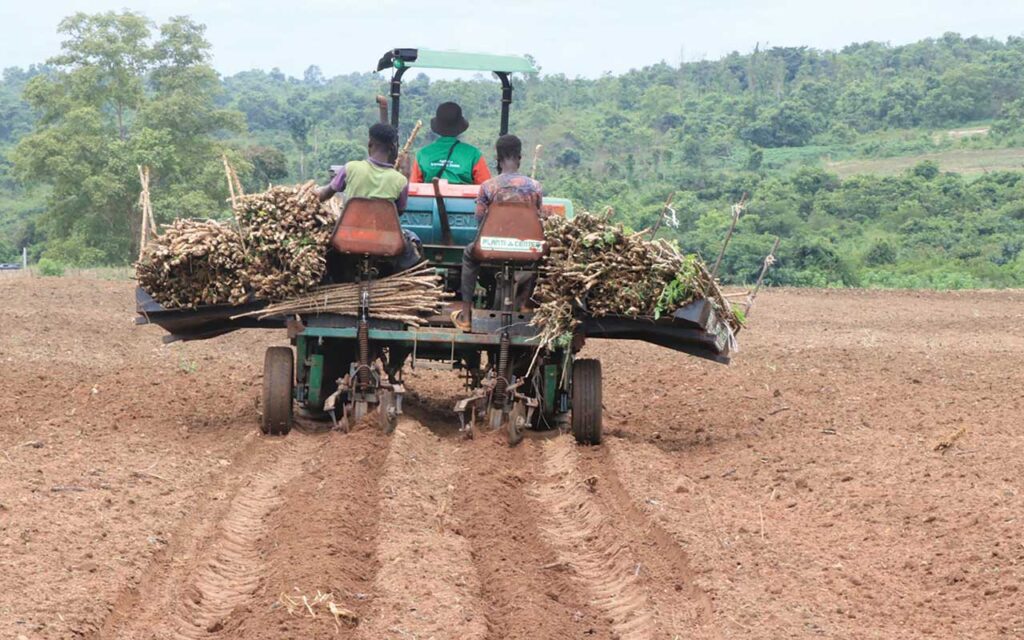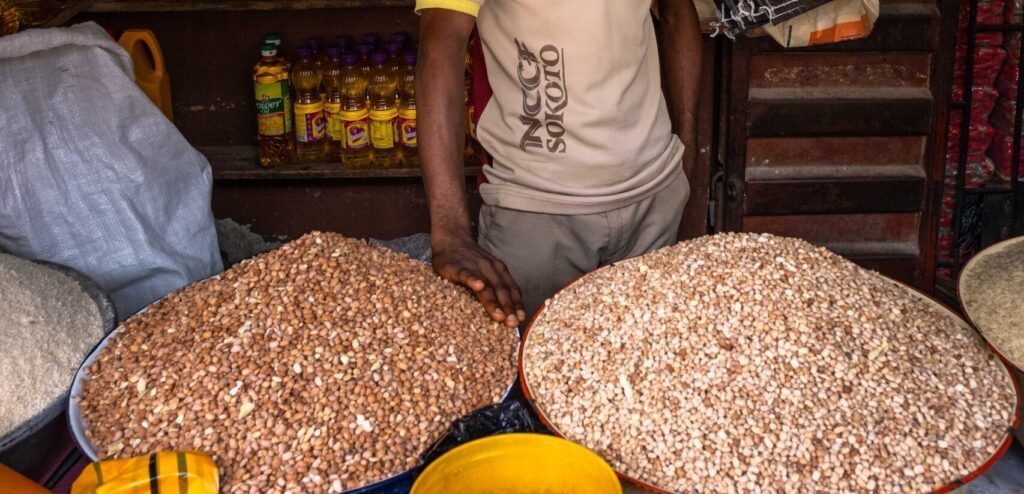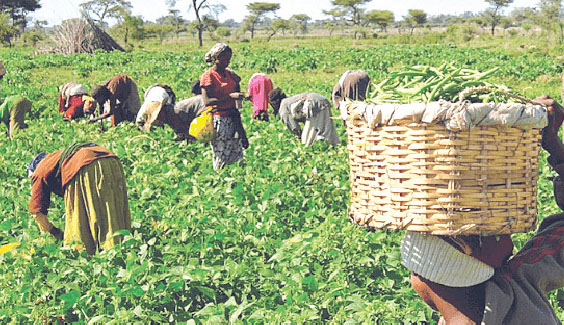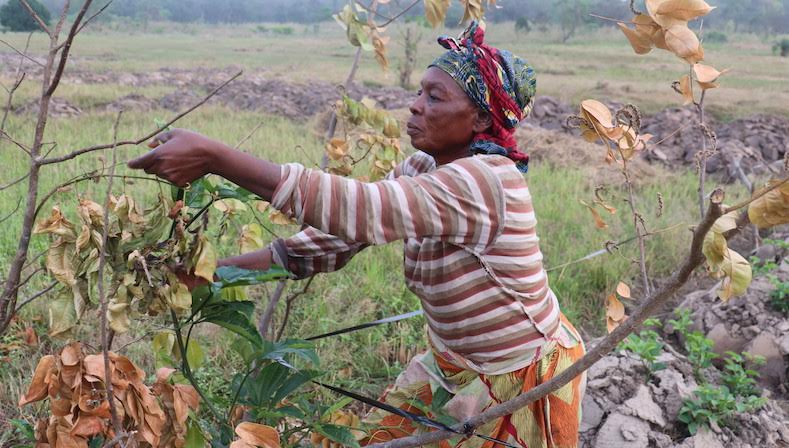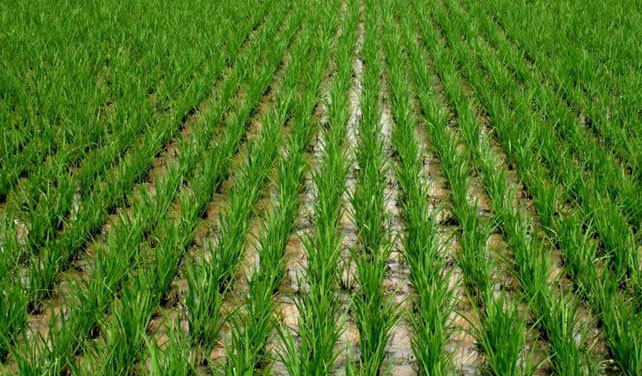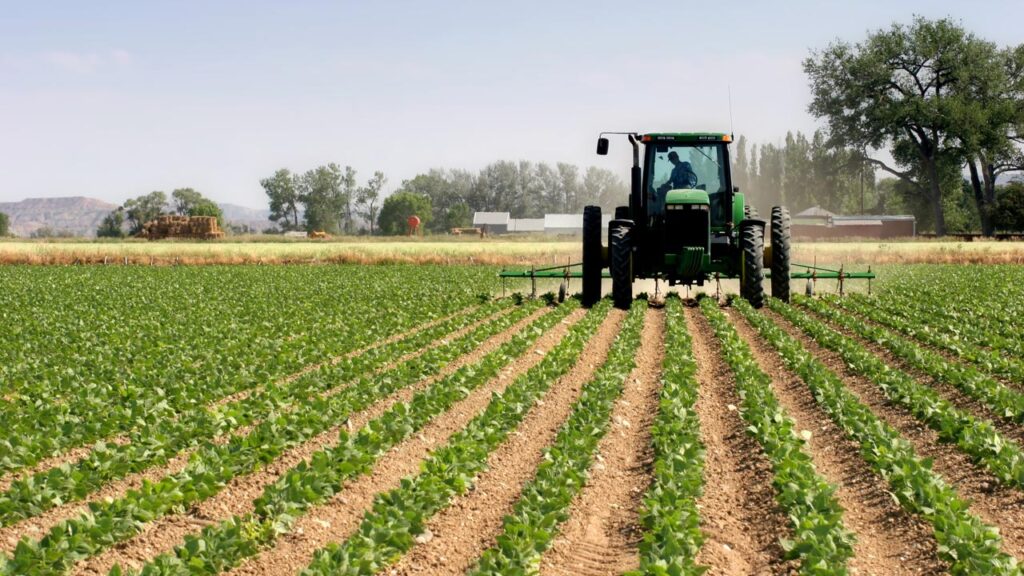The Executive Director, National Root Crops Research Institute (NRCRI), Umudike, Abia State, Prof Chiedozie Egesi, says leveraging on technological advancements and fostering collaborative research between China and Africa would act as catalyst towards enhancing agricultural productivity and sustainability across the Global South.
He disclosed this during the workshop on China-Africa Agricultural Science and Technology (S&T) Cooperation Through South-South and Triangular Cooperation Mechanism Agenda, held in Sanya Hainan, China.
Prof. Egesi recommended several measures to boost agricultural productivity and sustainability, which include capacity-building, joint research initiatives, infrastructure development, policy support and private sector engagement.
The workshop was aimed at bolstering agricultural technology cooperation between China and African countries, to facilitate the modernisation of agriculture across Africa.
In his presentation, Prof Egesi provided an overview of Africa’s agricultural landscape, categorising the continent’s main crops into staple, cash, horticultural products, and opportunity crops.
He listed staple crops as cassava, maize, yam, millet, rice, banana and sorghum; cash crops as cocoa, oil palm, rubber, cotton, ginger, sesame and groundnuts; horticultural products encompassing fruits like citrus, mangoes, plantain and pineapples, as well as vegetables such as tomatoes and onions and classified the opportunity crops as taro, finger millet, sweet potato, bambara and okra.
While highlighting the potential for engaging youths in agribusiness through innovation, entrepreneurship, and value addition in agro-processing, Egesi also pointed out the expanding export market opportunities for cash crops and the increasing adoption of mobile technology and precision agriculture.
He, however, noted that Africa still struggles to translate its advantageous agricultural landscape into economic transformation, due to several challenges that include difficulty in acquiring arable land for large-scale farming, and that even when available, has insufficient legal rights of ownership.
The Don further called for Training and Capacity Building at the regional level, noting that China has been involved in training African agricultural professionals and technicians.
As priority, he suggested for China-Africa Agricultural S&T Innovation Cooperation Valuable Technologies for Exchange and Cooperation in the areas of crop breeding – development of high-yield, drought-resistant, and pest-resistant crop varieties; and precision agriculture – utilisation of drones, sensors, and satellite imagery for efficient farm management.
He also suggested irrigation technology (adoption of efficient irrigation systems like drip and sprinkler irrigation biotechnology, application of genetic engineering for crop improvement and disease resistance, renewable energy like solar-powered irrigation and processing equipment to reduce dependency on unreliable power sources.


